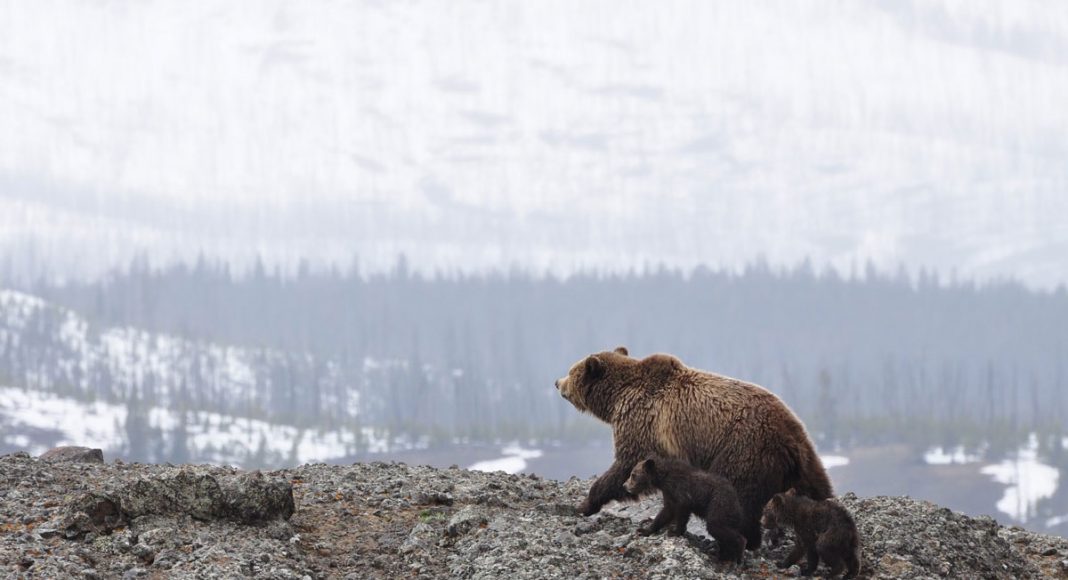When we discuss climate change, we often think of how it affects humans and nature write large. Higher average temperatures, melting glaciers, more powerful hurricanes. But a recent report indicates climate change has the ability to affect natural dietary patterns of Alaskan grizzly bears, too.
Typically around this time of the year, grizzly bears of Kodiak Island feat upon delicious salmon. This is one of nature’s premiere spectacles, as watching salmon attempt to leap past hungry, hairy grizzly bears never gets boring.
Just look:
But warming temperatures in Alaska’s Kodiak Island has caused elderberries to ripen faster than usual. This is happening at the same time as sockeye salmon travel upstream in the freshwater rapids. As a study indicates in Proceedings of the National Academy of Sciences, grizzly bears will typically feast upon salmon around this time of the year. Around September, around when the berries usually ripen, the bears will switch to the berries then.
Because of this change in ripening, the bears have opted to hunting for berries instead of salmon.
“What you have is a scrambling of the schedule,” said William Deacy, a biologist at Oregon State University that studied the phenomenon.
“It’s essentially like if breakfast and lunch were served at same time and then there is nothing to eat until dinner. You have to choose between breakfast and lunch because you can only eat so much at a time.”
Traditionally the bears will kill 75 percent of the salmon. During the atypically warm summer in 2014, bears were nowhere to be found near the streams. They were devouring berries, which contains less protein and easier for their digestive systems more quickly. The end result is the bears can store fat more quickly.
This disruption has fractured an important ecological link and it doesn’t appear to be changing anytime soon. The elderberries are ripening two and a half days earlier each year. By 2070 they will coincide directly with salmon season if the trend continues.


